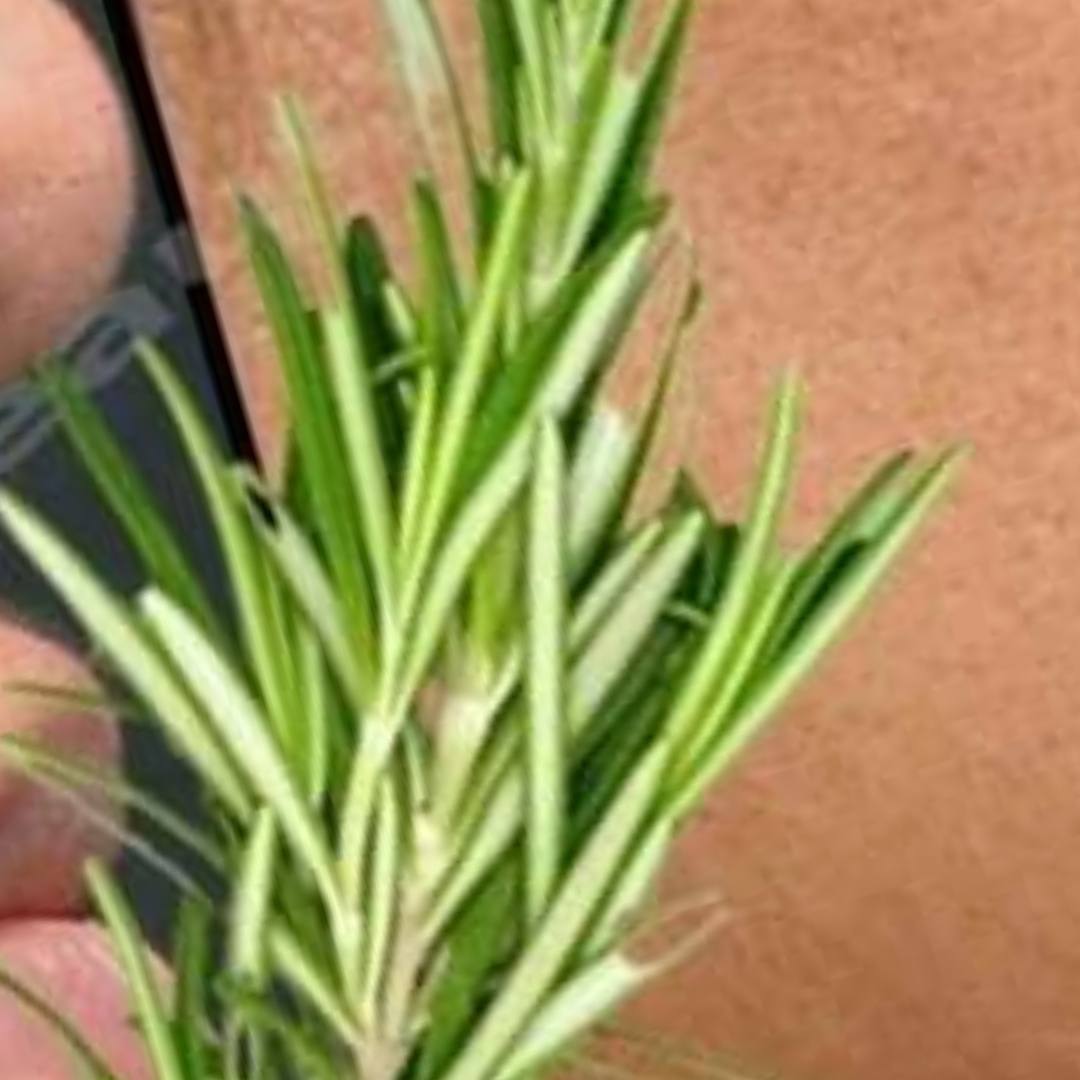Rosemary is more than just a fragrant herb for cooking—it’s also gaining popularity as a natural ingredient that may help slow down hair growth. While no natural remedy can guarantee permanent hair removal like laser treatments, rosemary has properties that could reduce the appearance and growth of unwanted hair over time. Let’s explore how rosemary can be used for this purpose and how you can incorporate it into your hair removal routine.
Why Rosemary Works for Hair Removal
- Slows Hair Growth: Rosemary contains compounds that may interfere with hair follicle activity, potentially reducing hair growth over time.
- Promotes Smooth Skin: Rosemary oil improves circulation and skin texture, helping to smooth the skin after hair removal.
- Anti-Inflammatory: Rosemary’s anti-inflammatory properties can soothe the skin, making it an excellent option for calming the skin after hair removal.
How to Use Rosemary for Hair Removal
1. Rosemary Oil and Papaya Hair Removal Paste
Papaya contains enzymes like papain, which can break down hair follicles and reduce hair regrowth, while rosemary oil may slow future hair growth. This paste works effectively on body and facial hair.
Ingredients:
- 1 tablespoon of papaya paste (raw papaya, blended)
- 5-6 drops of rosemary essential oil
- 1 tablespoon turmeric powder (optional, for added skin benefits)
Instructions:
- Mix the papaya paste, rosemary oil, and turmeric (if using) into a smooth paste.
- Apply the mixture to the area where you want to reduce hair growth.
- Massage it gently into the skin and leave it on for 15-20 minutes.
- Rinse with warm water and pat dry.
- Repeat 2-3 times a week for best results.
2. Rosemary and Turmeric Scrub for Slowing Hair Growth
Turmeric has been used in traditional hair removal methods for centuries, as it weakens hair follicles and can reduce regrowth. Combined with rosemary, this scrub is a powerful natural hair growth inhibitor.
Ingredients:
- 1 tablespoon ground turmeric
- 1 teaspoon dried rosemary or 4-5 drops rosemary essential oil
- 1 tablespoon chickpea flour (optional, for added exfoliation)
- Water or rose water (to form a paste)
Instructions:
- Mix the turmeric, rosemary (or rosemary oil), and chickpea flour with enough water to make a thick paste.
- Apply the paste to the area with unwanted hair, massaging it gently in circular motions.
- Let it sit for 10-15 minutes, then rinse with warm water.
- Repeat 2-3 times per week to gradually reduce hair growth.
3. Rosemary Hair-Reducing Toner
Using a rosemary-infused toner daily can help weaken hair follicles over time and promote smoother skin.
Ingredients:
- 1 cup water
- 1 handful of fresh rosemary leaves (or 10 drops rosemary essential oil)
- 1 tablespoon lemon juice
Instructions:
- Boil the water and add the rosemary leaves. Let it simmer for 10 minutes, then strain the leaves.
- Allow the liquid to cool and add lemon juice.
- Apply the rosemary toner to your skin with a cotton pad after hair removal. You can store this in a spray bottle for easy use.
- Use daily to reduce hair regrowth.
Precautions
- Patch Test First: Before using rosemary oil or any homemade remedy, do a patch test on a small area of your skin to ensure you don’t have any allergic reactions or sensitivities.
- Results Take Time: Natural remedies require consistency. It may take several weeks of regular use to see noticeable results in hair growth reduction.
- Not a Complete Replacement for Shaving or Waxing: While these rosemary-based remedies can help slow hair growth and improve the skin, they won’t remove hair instantly. You may still need to shave, wax, or use other hair removal methods initially.
Conclusion
While rosemary can’t offer a magical solution to permanently remove hair overnight, it can be part of a natural regimen to slow hair growth and reduce the frequency of shaving or waxing. Combined with other natural ingredients like turmeric and papaya, rosemary offers a safe and gentle way to manage unwanted hair while also nourishing and soothing the skin. Stick to a consistent routine, and you may notice gradual improvements in hair growth over time.
